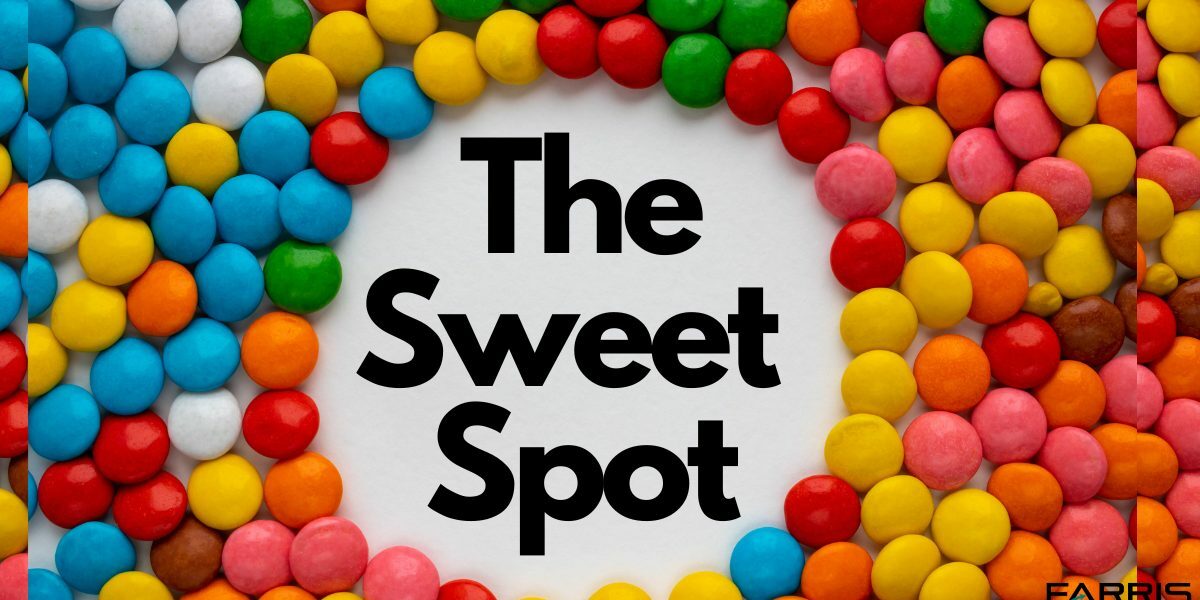Novelists dream of getting on the New York Times Best Sellers list. Screenwriters picture themselves winning an Oscar and sharing the stage with Robert DeNiro. Songwriters may imagine the applause as they hear their name called at the Grammys.
But those of us who write marketing messages imagine the smiling faces of our bosses, and the sound of the cash register ringing or an online transaction being confirmed. When we have successfully moved people to action — motivated them to notice and become aware, seek more information, purchase, vote for, support, donate to, like or follow our client or our company — then to quote Freddy Mercury, “We are the champions of the world.”
The sad truth is, many marketing messages are ineffective, and written without thought or planning. They continue to pop up because the writer’s client or company buys so much paid media you can’t help but see it. Even if they’re annoying, they seem to work because of the awareness caused by the paid ads.
But there are proven formulas to make marketing messages super-effective — so why ignore them? For the same budget, you can get better results. So why not take a look at what has already been proven to work effectively?
I found four experts who have advice I agree with, because I’ve used the techniques they describe — and I can tell you, they work. Here are the experts, advice and techniques that I suggest you follow.
“The core of your marketing strategy is a message that expresses the essence of why a customer buys,” says Geoffrey James, Contributing Editor of inc.com.
James says the seven components of brilliant marketing messages are:
- They get to the point.
- They take the customer’s viewpoint.
- They use familiar language.
- They feel informal.
- They say something original.
- They need no further explanation.
- They make you smile.
David Frey of Business Know-How recommends this five-step formula:
- Identify your target market.
- Identify the problems that your target market experiences.
- Present your solution to your market’s problem.
- Present the results you’ve produced for other people in the same situation.
- Explain what makes you different from your competitors.
Writing on the blog FiveStars, Lisa Furgison has these tips for effective marketing messages:
- Identify and solve the problem.
- Create a sense of urgency — set a deadline and mention limited quantities.
- Use persuasive words like you, free, because, instantly and new. Research shows these are the five most-persuasive words in the English language.
- Write for scanners — most people scan material first to see what grabs their attention. If they’re pulled in, they’ll read it in more detail. Create a headline. Use subheads or bold phrases. Make key segments stand out.
- Provide a call to action — and make sure it is clear and simple. Don’t use flowery language or try to be cute.
- Use the right tone. How do you talk to your customers? Do you use a conversational tone? A professional one? It’s important that your marketing materials are aligned with your brand’s tone.
The approach I often take is best described in the book Building a Story Brand by Donald Miller. Like Miller suggests, I like to create a story, making the customer the main character who is facing a challenge or problem or risk.
My client’s company is the guide that provides a way to avoid risk or disaster, and then calls the main character to action. When they follow the plan, they avoid failure and succeed.
Likewise, if you follow these professional tips, you are likely to succeed, and avoid failure. you may not hear the applause when they call your name at the Grammys, but you will hear that sweet sound of the cash register and your boss saying, “Well done.”













Comment